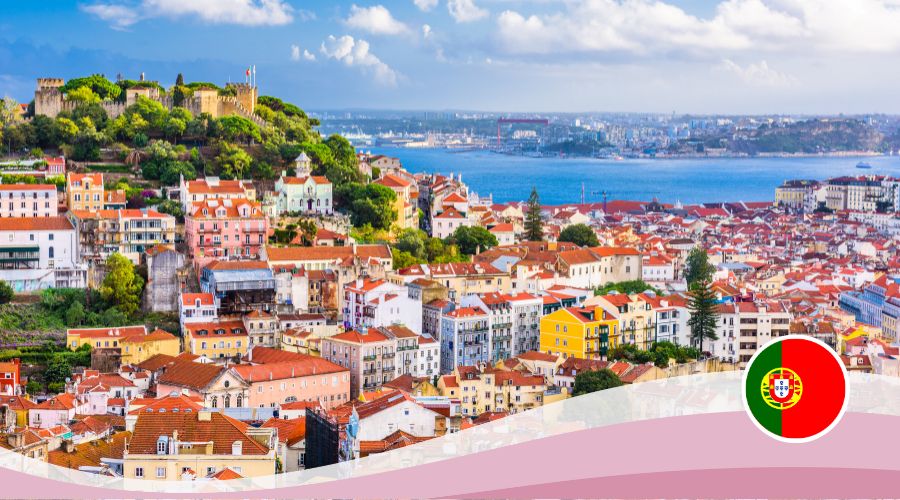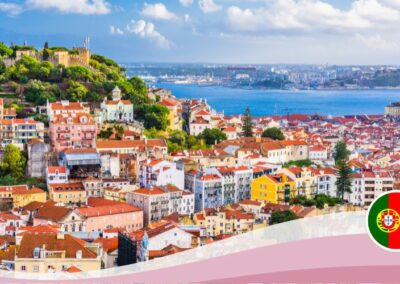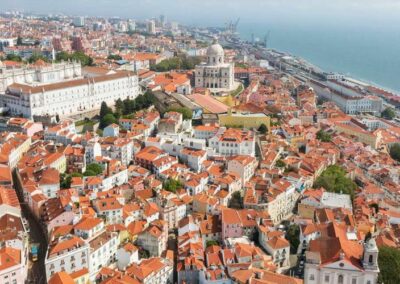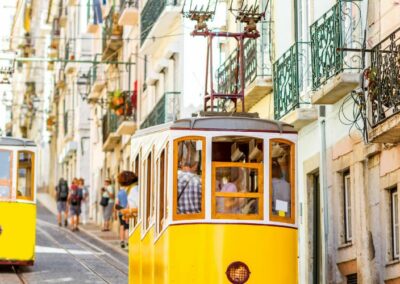As the capital city of Portugal and an important tourism hub, Lisbon has the responsibility to create and implement effective solutions to respond to climate change. For some years now, Lisbon has been committed to energy transition, climate adaptation, and enhancing the value of the environment, making its local contribution to the convergence of the Paris Agreement and the European Green Deal targets.
Since joining the Covenant of Mayors in 2009, Lisbon has followed a path that includes signing several commitments and targets on climate and energy matters. These include the goals of the Paris Climate Agreement, joining the C40 Cities Climate Leadership Network, and approving the Action Plan for Sustainable Energy and Climate (PAESC), which later evolved into the 2030 Climate Action Plan (PAC2030). In 2020, Lisbon was awarded the European Green Capital Award, recognizing the city’s transformation to improve its urban environment and climate resilience. Following this distinction, Lisbon created the “Lisbon Green Commitment,” challenging civil society, businesses, organizations, associations, and institutions, both public and private, to join the city’s climate agenda for this decade.
The city was recently selected by the European Commission as one of the 100 “Climate-neutral and Smart” Mission Cities by 2030, committing to an ambitious target of reducing greenhouse gas emissions and enhancing the city’s adaptation and resilience to climate change. In this context, it developed a “City Climate Contract” (CCC Lisbon 2030), which was recently validated by the European Commission, awarding the city the Mission Label.
With the significant growth of tourism, the municipality has the responsibility to act towards creating a more resilient city and a sustainable tourism destination, addressing climate and environmental challenges. Therefore, one of the main objectives of the municipality of Lisbon is to align with those who live, work, and study in Lisbon, as well as with visitors, aiming to build a more resilient city against extreme weather events by adapting and acting locally in a transparent, fair, and inclusive manner.
Through the COOL NOONS project, the city will test solutions to improve tourists’ experiences in Lisbon by attracting them to less visited areas while enhancing residents’ quality of life and promoting new behaviours and attitudes for a healthier, more resilient, and sustainable future. Urban intervention projects can serve as tools for climate change adaptation at the local level, allowing greater microclimatic regulation and increasing thermal comfort for both tourists and residents.






